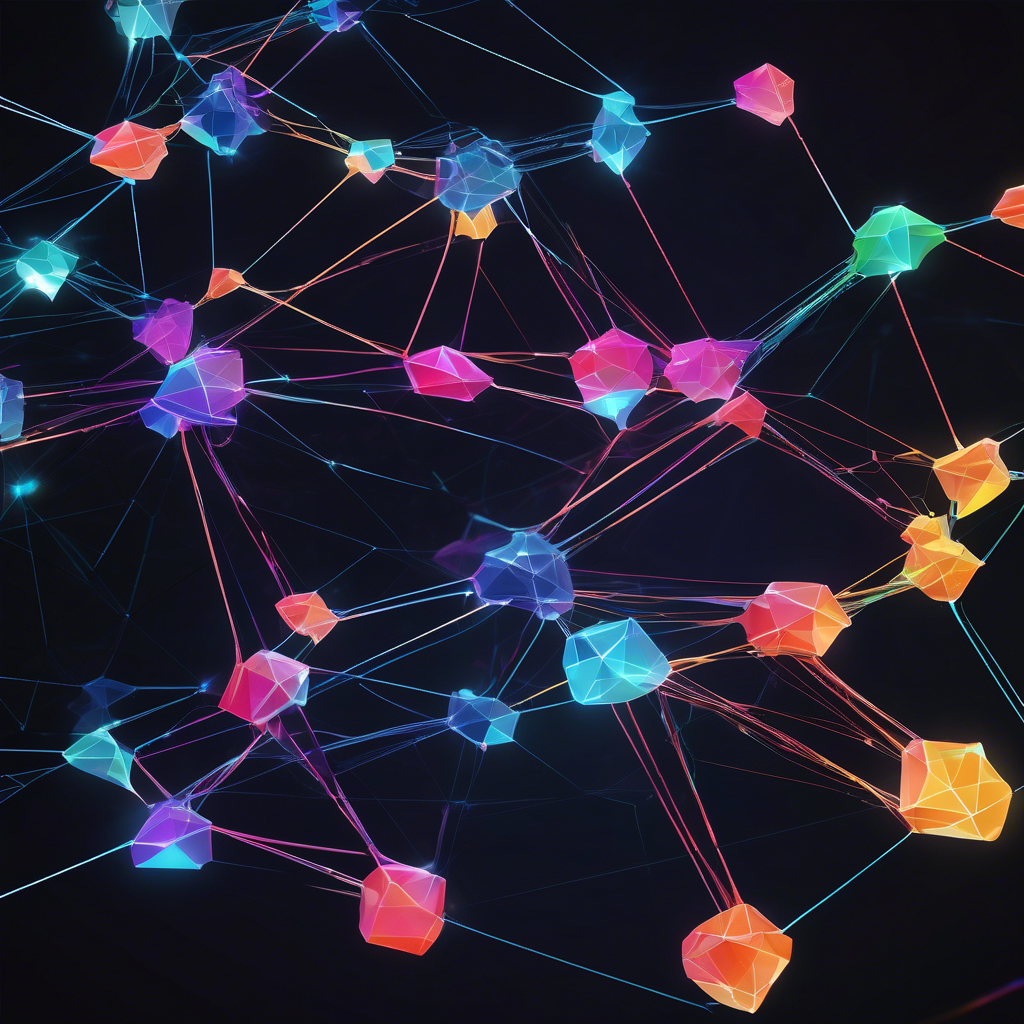Rising Use of AI Tools in Education Raises Academic Integrity Concerns in the US

In recent months, there has been a notable increase in the use of generative artificial intelligence (AI) tools for cheating in high schools and colleges across the United States, raising concerns among educators and academic leaders. This development follows the rapid adoption of advanced AI technologies like ChatGPT, which has transformed how students approach assignments and learning tasks. A compelling study found that about 90% of college students reported using AI tools such as ChatGPT on their assignments soon after its public release. This widespread use reflects an unprecedented integration of AI into students’ academic routines but also prompts ethical questions about academic integrity and fairness. Furthermore, data from Pew Research indicates a significant rise in AI usage among teenagers, with the proportion of teens using AI doubling since 2023. Academic leaders and institutions are increasingly alarmed by the implications of this trend. One primary concern is the declining attention spans observed in students, which educators partly attribute to the easy access and use of AI-generated content. This issue is compounded by the increasing incidents of cheating enabled by AI, creating challenges for educators striving to uphold the integrity of academic work. Despite the pressing need to confront these challenges, many educational institutions remain ill-prepared for the pervasive integration of AI into their curricula. Detection tools designed to identify AI-generated content are currently inconsistent and unreliable, often failing to accurately differentiate between student-produced and AI-produced work. This technological and preparedness gap leaves educators scrambling for effective ways to maintain academic standards.
Additionally, confusion about AI tools extends to educators themselves. Reports have emerged of some teachers misusing AI resources, such as depending on AI-generated content during lesson preparation, raising questions about ethical and pedagogical standards within education. Nevertheless, amid these difficulties, a growing number of educators recognize potential benefits in embracing AI as a learning aid rather than solely a cheating tool. They argue that AI skills are becoming vital for the modern workforce, making it important to teach students how to use AI tools responsibly and effectively. Reflecting this perspective, American University’s business school has pioneered an AI institute focused on enhancing AI literacy and competence among students. This initiative seeks to equip students with the knowledge and skills needed to ethically and productively navigate AI technologies, preparing them for future careers where AI will be central. The debate over AI in education is continuously evolving, as stakeholders weigh the risks of misuse against the advantages of fostering AI literacy. Educators, administrators, and policymakers must collaborate closely to create comprehensive strategies that address academic integrity concerns while integrating AI education into curricula. As AI technology progresses, its influence on education will inevitably expand, making it crucial for educational institutions to adapt by developing clear guidelines, reliable detection methods, and robust teaching frameworks. These measures will help ensure students learn to harness AI responsibly, while maintaining academic standards in an era increasingly shaped by artificial intelligence.
Brief news summary
The rapid rise of generative AI tools like ChatGPT has led to a significant increase in cheating in U.S. high schools and colleges, raising serious concerns about academic integrity. Studies reveal that nearly 90% of college students used AI for assignments soon after ChatGPT’s launch, indicating quick adoption and ethical challenges. Teen use of AI has doubled since 2023, intensifying worries about cheating and decreased academic focus. Many schools struggle to detect AI-generated work, and some educators have misused AI, highlighting broader ethical issues. Experts urge embracing AI as an educational tool and promoting AI literacy to prepare students for future careers. Initiatives such as American University’s AI institute encourage responsible use. The debate emphasizes balancing AI’s risks with benefits in education and calls for policymakers and educators to develop detection methods and guidelines. Adapting education systems to incorporate AI is crucial to uphold academic standards and responsibly harness AI’s potential.
AI-powered Lead Generation in Social Media
and Search Engines
Let AI take control and automatically generate leads for you!

I'm your Content Manager, ready to handle your first test assignment
Learn how AI can help your business.
Let’s talk!

AI in Manufacturing: Optimizing Production Proces…
Artificial intelligence (AI) is increasingly transforming the manufacturing industry by significantly improving efficiency and productivity.

Tangem Enters $Billion Wearables Market With U.S.…
Zug, Switzerland, May 28th, 2025 – Tangem, a Swiss manufacturer of crypto hardware wallets, has announced it has secured its third U.S. patent (No.

Polygon Labs and market maker GSR launch DeFi-foc…
© 2025 Fortune Media IP Limited.

AI in Education: Personalized Learning Experiences
Artificial intelligence (AI) is swiftly revolutionizing education by offering personalized learning experiences tailored to the unique needs of each student.

Guatemala’s banking giant embeds blockchain for r…
Banco Industrial, Guatemala’s largest bank, has partnered with digital asset service provider SukuPay to integrate blockchain technology into its banking services, aiming to enhance cross-border transactions for customers.

Mark Cuban says Anthropic's CEO is wrong: AI will…
Mark Cuban asserts that AI will generate jobs rather than eliminate them.

NJ County To Put $240B In Land Records On Blockch…
PLEASE NOTE: A verification email will be sent to your email address before you can start your trial.

 Auto-Filling SEO Website as a Gift
Auto-Filling SEO Website as a Gift








 Auto-Filling SEO Website as a Gift
Auto-Filling SEO Website as a Gift

